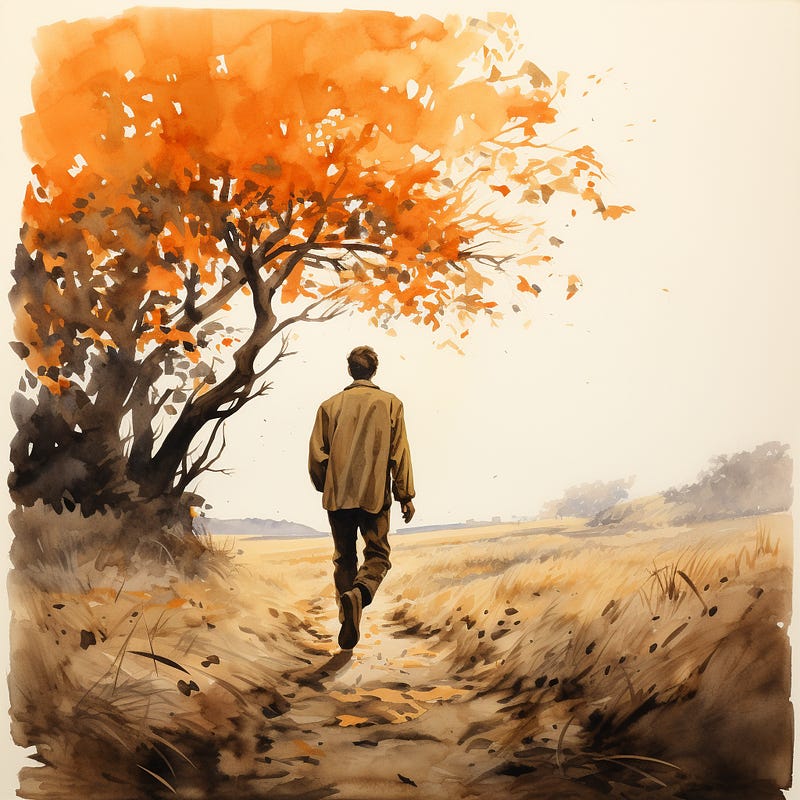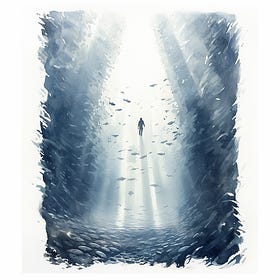“The longer I run, the smaller my problems become.”
If I recall correctly, this was a line from an Adidas advertisement in the early 2000s. I couldn’t agree more. Running and walking with my two dogs back then was a lifesaver. On Saturday mornings at seven, we were already up on Triborder Mountain and returned home by eleven. The open space, the burgeoning green, or the squeaky cold of winter restored my zest for life and likely prevented me from becoming depressed or contracting some severe illness after a significant loss.
Movement is one of the most ancient forms of stress relief. In Andrew Solomon’s TED talk, I heard what Africans told him about how they handle depression. In Africa, the entire community gets involved in treating depression, most often accompanied by drumming and dancing in the sunlight, so that, as they say, “life flows” in the patient’s veins. They were utterly astonished by what we Westerners do. We take a depressed person into a room, and they narrate their troubles to another person for hours. It’s no wonder, then, they cannot leave their problems behind, the Africans told Solomon.
Of course, I understand that to overcome severe depression, dance, sunlight, and community aren’t enough; deep introspection is also required. However, I’m sure the former can help a lot. Because the opposite of depression isn’t happiness, but vitality. The energy we need to carry out our daily tasks. Energy flows within us, something known in the East for thousands of years. Whether slow or fast, intermittently or smoothly, it flows as long as we live. Assisting this flow increases our chances of healing. Movement is one of the simplest tools to stimulate the energy in our blocked channels or meridians.
There’s no need for fast running, hard training, or competing. Just walking outdoors in nature or a park is enough. If we walk for just fifteen or twenty minutes, we’ll start to feel the surge of life in our bodies. If we do this, there’s a high chance we’ll get addicted to the sensation and start walking longer distances. I’ve observed that as the distances grow, problems seem to shrink, until one day we realize we’ve overcome them.
That’s what happened to me. I’m endlessly grateful to my two dogs for their relentless demand for movement and freedom, which compelled me to wander in the woods and saved me from depression. Although the two “doctor dogs” are no longer with us, the new generation seems to have learned this efficient ancient healing method from them. And woe unto us if, despite a spacious garden, they don’t get their daily walk of at least three-quarters of an hour!
– Eszter
Related Articles
What to Say When the Unspeakable Happens?
Grief — The Emotional Mariana Trench
Home | Notes | Articles | Eszter’s Magic | Literary Bonbons | Short Stories and Guides | Beyond the Book | EWE Issues | Archive | About






